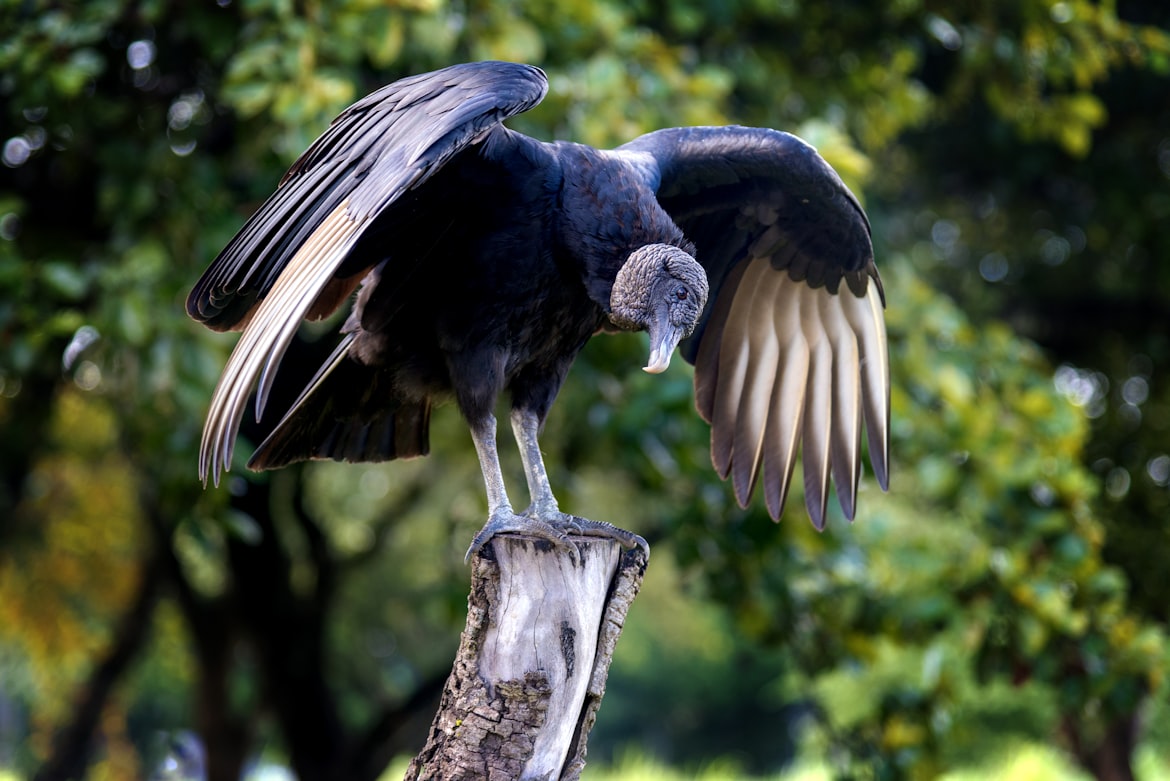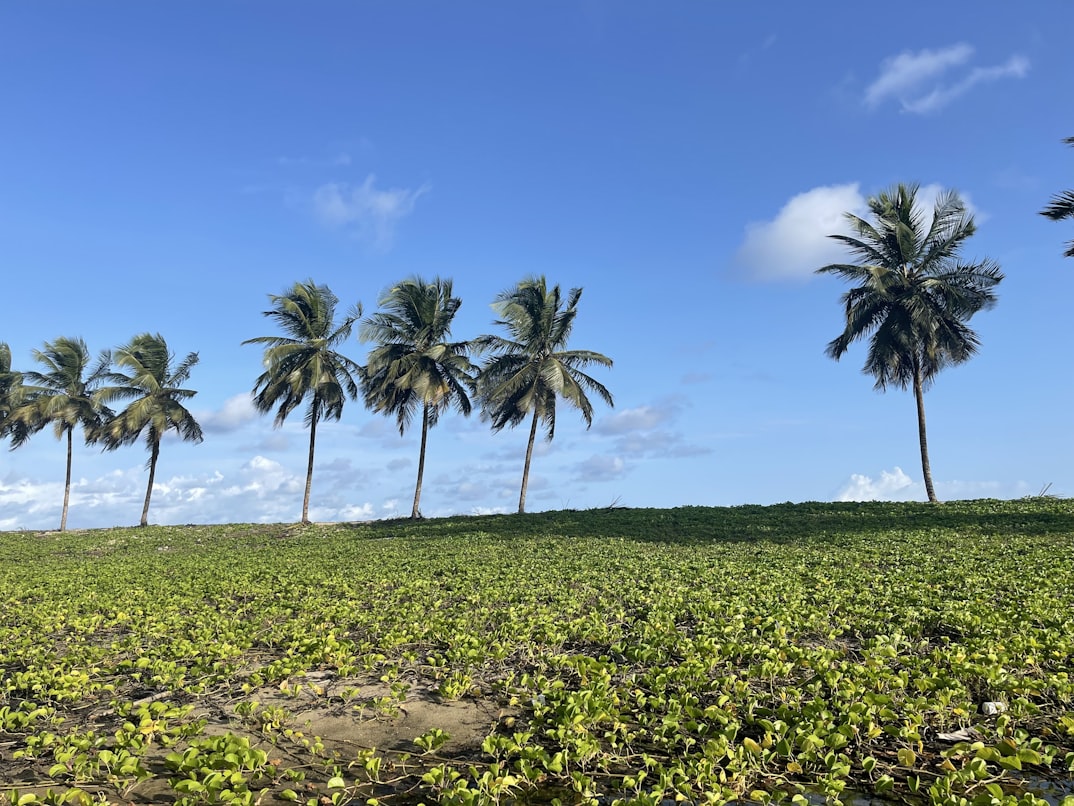Top Attractions
Liberia offers an off-the-beaten-path experience that rewards travelers with unspoiled natural beauty, historic significance, and a resilient, vibrant culture. One of the standout attractions is Sapo National Park, the country’s largest and most biodiverse protected area, teeming with rare wildlife such as pygmy hippos, forest elephants, and a stunning array of bird species. Deep within the rainforest, the park offers adventurous hiking, river crossings, and a truly remote jungle experience for those seeking raw nature.
Along the Atlantic coast, the white-sand beaches of Robertsport are legendary for their consistent surf breaks, making it a prime destination for surfers and beach lovers. The town itself has a laid-back charm, with colonial-era architecture and welcoming locals. Providence Island, located where the Mesurado River meets the Atlantic Ocean, holds historical importance as the landing site of freed African Americans who returned to settle in Liberia. Today, it stands as a quiet yet powerful monument to Liberia’s founding, with guided tours available.
Other notable stops include the bustling capital of Monrovia, where visitors can explore the Liberian National Museum, stroll through Waterside Market, or visit Ducor Hotel, a once-grand structure that now stands as a poignant symbol of the nation’s tumultuous history and ongoing rebirth. For nature enthusiasts, Lake Piso in Grand Cape Mount County offers tranquil boat rides and birdwatching opportunities amid lush mangroves and lagoons.
Local Dishes
Liberian cuisine is hearty, spicy, and infused with West African culinary traditions alongside influences from the country’s American settlers. A national favorite is jollof rice, a rich, tomato-based dish simmered with vegetables and spices and served with grilled fish, chicken, or beef. Palm butter stew, made with palm nuts and smoked meat or fish, is another traditional favorite that showcases bold, earthy flavors.
Cassava is a dietary staple in many forms, including dumboy (pounded cassava dough) and gari (fermented, ground cassava flakes), both of which are often eaten with soups. Pepper soup is a fiery and flavorful broth typically prepared with goat meat or chicken and served as a warming comfort dish. Fufu, a soft dough made from cassava or plantain, is eaten with okra or peanut soup and is a widespread comfort food across the country.
Street vendors and small eateries sell delicious snacks like fried plantains, roasted corn, and puff-puff (sweet fried dough balls). Ginger beer and palm wine are popular local drinks, while fresh coconut water is a refreshing beachside treat.
Transportation Tips
Liberia’s transportation infrastructure is improving but still poses challenges, especially outside major cities. In Monrovia, shared taxis and motorbike taxis are the most common forms of transportation. They are inexpensive but can be unpredictable in terms of timing and safety. Negotiate the fare before the ride, especially with motorbike drivers. Ride-hailing apps are emerging but are not yet widespread.
For intercity travel, minibuses known as “keh keh” or “bush taxis” operate along main routes, but they may be overcrowded and depart only when full. Renting a private 4x4 vehicle is recommended for travelers who want to explore remote areas or national parks, especially during the rainy season when roads can become impassable due to flooding or poor maintenance.
Travelers should be cautious when traveling at night, as road conditions can be poor and lighting is minimal outside urban areas. Fuel stations are common in cities but may be sparse in rural regions, so plan ahead and carry extra supplies when venturing far.
Budget Travel Tips
Liberia can be a relatively budget-friendly destination, especially for those willing to stay in modest accommodations and eat local food. Guesthouses and budget hotels are plentiful in Monrovia and larger towns, offering basic amenities at affordable prices. Some beachside communities like Robertsport also have eco-lodges or surf camps that cater to budget-conscious travelers.
Public transportation is the cheapest option, though it may be less comfortable. Shared taxis, minibuses, and motorbike taxis are all extremely affordable, though quality and safety vary. Dining at small local eateries, or “cookshops,” will cost a fraction of the price of meals at upscale restaurants and provide a more authentic taste of Liberian cooking.
Visiting markets for fresh fruit, bread, and snacks can help reduce costs, and many attractions such as beaches, historical sites, and national monuments have low or no entrance fees. Avoiding the rainy season (May to October) may help cut down on transportation-related expenses, as dry-season travel is typically smoother and more reliable.
Safety Info
Liberia has made great strides in improving safety and stability in recent years, but travelers should remain informed and cautious. Petty crime such as pickpocketing and bag snatching can occur in crowded areas, so keep valuables secure and avoid displaying expensive electronics or jewelry.
Muggings can happen after dark in poorly lit areas of Monrovia, so it’s best to use taxis for evening outings and stay within well-populated neighborhoods. Police presence has improved, but response times may vary, so staying alert and informed is key. Always consult local sources or hotel staff for advice on current conditions.
Health-wise, travelers should be vaccinated for yellow fever and carry anti-malarial medication. Tap water is not safe to drink, so rely on bottled or filtered water. Health facilities in Monrovia are acceptable for minor issues, but medical evacuation is necessary for serious conditions, making travel insurance essential.
Cultural Etiquette
Liberians are friendly, respectful, and deeply community-oriented. Greetings are important; always say “hello,” “good morning,” or “how are you?” before initiating any request or conversation. Handshakes are common, and it’s customary to inquire about someone’s well-being before getting to the point.
Dress modestly, especially in rural areas or when visiting religious sites. While people in Monrovia may dress casually, showing too much skin can be frowned upon in traditional communities. Ask for permission before taking photographs of people, especially in markets or villages.
Religion plays a significant role in daily life. Sunday is widely observed as a day of rest and worship, and many businesses may be closed. Visitors should be respectful of religious customs and avoid loud behavior during services or in sacred spaces.
Travel Style Fit
Liberia is best suited to adventurous, culturally curious travelers who are drawn to emerging destinations and willing to embrace a rugged, authentic experience. Eco-tourists, surfers, historians, and photographers will find immense value in its natural beauty, rich legacy, and underexplored charm. While not suited for luxury travelers seeking polished infrastructure, Liberia rewards those who are flexible, open-minded, and eager to engage with its resilient spirit and welcoming communities.

Best Time to Visit
The best time to visit Liberia is during the dry season, which lasts from November to April. This period offers warm, sunny weather with lower humidity and minimal rainfall, making it ideal for exploring the beaches, cities, and inland parks. Roads are more passable, and outdoor activities such as hiking, surfing, and sightseeing are easier to plan.
The wet season, from May to October, brings heavy rains and can lead to flooding, muddy roads, and delayed transportation. However, this season also transforms the landscape into a lush green paradise and is a good time for birdwatching and photographing the countryside at its most vibrant. Cultural events such as Independence Day on July 26 offer unique local experiences but coincide with the rainy season.
Accommodation Recommendations
For travelers on a budget, guesthouses such as Afrilodge in Monrovia provide affordable and clean rooms, often with breakfast included and a welcoming atmosphere. In Robertsport, places like Nana’s Lodge offer low-cost beachside cabins ideal for surfers and backpackers who want to enjoy the sea without breaking the bank.
Mid-range travelers will appreciate options like Palm Spring Resort or Bella Casa Hotel, both located in central Monrovia. These hotels offer good service, air-conditioned rooms, reliable internet, and convenient locations close to shopping areas and dining establishments. Outside the capital, several eco-lodges near natural attractions provide mid-priced comfort with access to local activities and tours.
For luxury travelers, The Royal Grand Hotel in Monrovia delivers five-star amenities including fine dining, a fitness center, and modern, elegant rooms. Another high-end option is the Mamba Point Hotel, known for its exceptional service, conference facilities, and views over the Atlantic Ocean. These upscale accommodations offer comfort, security, and sophistication for business or leisure travelers alike.
Languages Spoken
English is the official language and is widely spoken, though often in a Liberian English dialect that may take some getting used to. In rural areas, various indigenous languages are spoken, including Kpelle, Bassa, Grebo, and Vai, among others. While travelers can usually get by with standard English in hotels and urban areas, learning a few local greetings or expressions is appreciated and goes a long way in establishing goodwill.
Currency
The official currency is the Liberian Dollar (LRD), though the U.S. Dollar is widely used, especially in Monrovia and for large purchases. Prices may be quoted in either currency, so it's important to clarify which one is being used. Credit cards are accepted in some hotels and restaurants in the capital, but cash is still king, particularly in rural areas. ATMs are available in cities but can occasionally run out of money or experience downtime, so carrying enough cash is essential when traveling outside urban centers.
Common Traveler Mistakes to Avoid
A frequent mistake is underestimating Liberia’s tropical heat and failing to stay hydrated or wear proper sun protection. Another common error is not confirming whether prices are in Liberian or U.S. dollars, which can lead to confusion or overpayment. Travelers sometimes assume that transport will be quick and easy, but poor road conditions and unpredictable traffic often result in delays, so it’s wise to plan extra time.
Another pitfall is neglecting to check the status of attractions or road routes during the rainy season, which may result in impassable roads or closed facilities. Finally, visitors often skip engaging with locals out of caution, missing the chance to learn firsthand about Liberia’s history, resilience, and warm hospitality.
Essential Apps & Tools
Offline maps like Maps.me and navigation tools such as Google Maps are crucial for getting around, especially in areas without cell coverage. Mobile payment apps are emerging but not yet widespread, so rely on cash and in-person transactions. WhatsApp is widely used for communication, and local SIM cards from Lonestar Cell MTN or Orange Liberia offer affordable data plans. Downloading a language translator app or keeping a Liberian English glossary handy can help with unfamiliar expressions.
Suggested Itinerary Styles
A week-long itinerary might start in Monrovia, allowing time to explore the National Museum, stroll through Waterside Market, and visit Providence Island for a historical tour. From there, head to Robertsport for a few days of surfing, beach walks, and sunset views. On the return, spend a day visiting nearby lakes and wildlife sanctuaries.
For a longer two-week stay, add a trip to Sapo National Park for a rainforest trek, or explore rural towns like Gbarnga and Buchanan for cultural immersion. Consider staying at eco-lodges, engaging with local communities, and arranging guided tours to learn about Liberia’s unique flora, fauna, and oral traditions.
Fun Facts
Liberia is Africa’s oldest republic, founded in 1847 by freed African Americans from the United States. Its capital, Monrovia, is named after U.S. President James Monroe. Liberia is one of only three countries in the world to have not been colonized by a European power, and its flag closely resembles that of the U.S.
The country is home to one of the last remaining populations of pygmy hippos, a rare and endangered species found in the deep forests of Sapo National Park. Liberia also boasts rich cultural traditions such as storytelling, mask dances, and the creation of unique woven textiles that reflect deep-rooted heritage.
